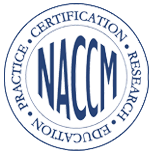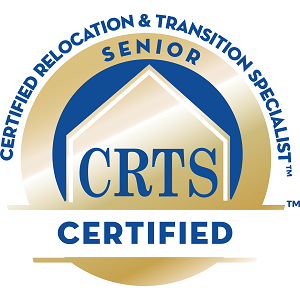From Giving Care to Receiving Care
To their children, parents often seem like superheroes who can somehow manage to do it all.
As we age, those same parents may reach a point where the tables have turned. Although they’re used to fulfilling the role of caregiver, it may be time for their children to lend a hand.
For children of aging parents, it can be hard to know what level of care a parent requires. The changes that come with aging can be challenging for everyone.
Thankfully, there are many resources available to make aging well attainable. After you decide it’s time to create a senior care plan, there are a few things to consider.
These three things can help you start the process on the right foot, and ultimately meet your senior care goals.
1: Understanding the Need
When transitioning into the role of a geriatric caregiver, knowing where to start is sometimes the hardest part.
Experts on aging say it’s important to establish the specific needs that are required for your loved one to live well. Starting the process armed with knowledge can ensure a smooth transition.
At Reflections, our care experts can help. Receiving a geriatric assessment can provide you with a detailed written report that includes information about physical, mental, and psychosocial status.
Having this information is vital when it comes to making a care plan for the senior in your life.
When you’re ready to take the first steps, our experts are ready to help.
Reach out through the Reflections website to find out more and get your questions about determining what level of care is right for you and your loved one.
2: Considering Professional Help
Once you have a good understanding of your loved one’s needs, the next step should include consideration of the level of care you’re able to fulfill on your own.
In the U.S., more than 1 in 6 caregivers say they still need to go to work while caring for an elderly or disabled loved one. This means there may be a need for care assistance while they’re away from home during the workday.
Professional senior care assistance comes in many forms that are just as unique as your loved one’s needs.
At Reflections, we understand and that’s why we offer multiple types of care services.
From a non-medical concierge who can help with daily tasks like cooking or grocery shopping, to medication management and in-home care from a registered nurse, options are available.
An electronic caregiver device may also be something to consider.
When you’re ready to find the right care for your situation, our experts are ready to help. Contact us through our website to learn more.
3: Tools for Navigating a Difficult Transition
Sometimes, the best choice to ensure proper care for seniors involves big changes in lifestyle or environment.
Some of the biggest transitions may involve moving your loved one:
- into your home,
- into an assisted living facility,
- or into a long-term care facility.
Fortunately, there are tools that can help you find the right option to fit your needs.
At Reflections, we can offer guidance when it comes to finding the right place. Our relocation management service experts are here to guide you through the process.
In addition to the complexity of choosing the right location, stress and anxiety can become a serious issue that makes the transition process more difficult.
Research shows that untreated stress can have negative effects on the cognitive ability of elderly individuals.
If you or your loved one is struggling to accept the new plan for their care, it may be time to meet with a counselor.
Our experts are ready to help. Reach out to us to learn more about how we can give you the tools to make a difficult transition easier for everyone involved.














